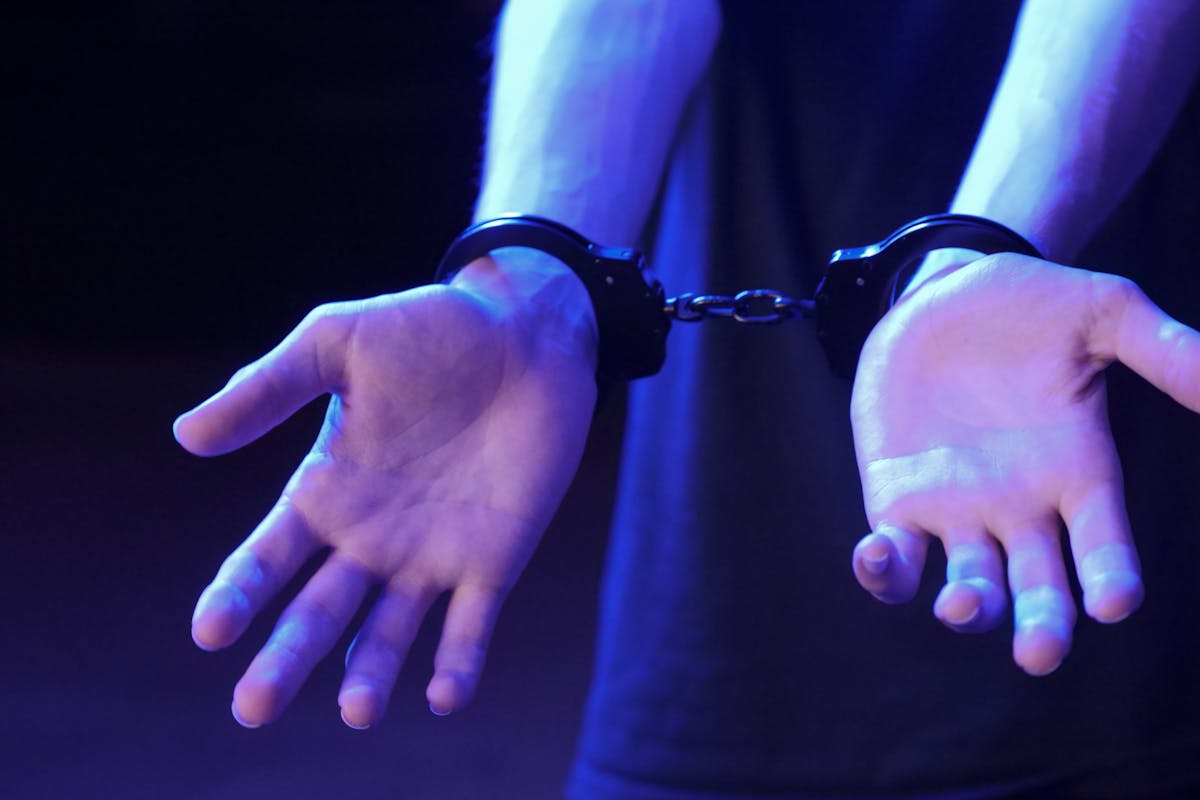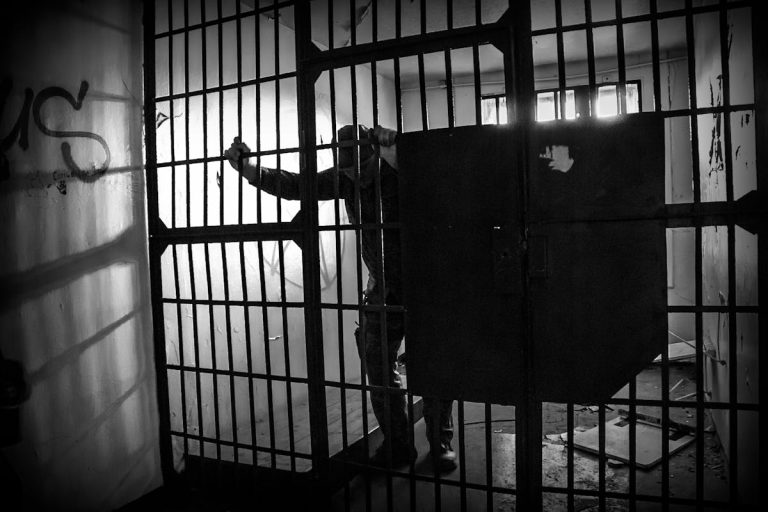In Arizona, Class 2 misdemeanors are considered less severe than felonies, but nonetheless, they carry substantial consequences that can greatly impact an individual’s life. The range of crimes falling under this category is broad, from reckless driving to disorderly conduct, each carrying its own set of penalties often including fines and jail time. Maneuvering the legal landscape surrounding these charges can be complex and intimidating without an extensive understanding of the laws and potential repercussions. Consider this an invitation to explore the intricate nature of Arizona’s Class 2 misdemeanors, their implications, and the importance of informed legal representation.
Understanding Arizona Misdemeanor Classes
In the state of Arizona, misdemeanors are grouped into three distinct classes: Class 1, Class 2, and Class 3, each carrying its own set of potential penalties and consequences. The classification of misdemeanors is essential to understanding the degrees of severity aligned with each violation. The legal terminology employed in these classifications is crucial for comprehending the Arizona judicial system’s application of misdemeanors. Class 1 misdemeanors are the most severe, with the harshest penalties. Class 3 misdemeanors, on the other hand, are the least severe. Class 2 misdemeanors fall in the middle. Each class of misdemeanor has specific offenses associated with it, which are then subject to adjudication and sentencing based on their classification.
Class 2 Misdemeanor: Definition
In the legal setting of Arizona, a Class 2 Misdemeanor holds a specific definition and unique implications. It is a category of crimes that, while considered less severe than a Class 1 Misdemeanor, still carries significant legal consequences. To fully comprehend the nature of these offenses and their associated penalties, a detailed exploration of Arizona’s legal statutes is necessary.
Understanding Class 2 Misdemeanor
What exactly constitutes a Class 2 Misdemeanor in the state of Arizona? This legal terminology refers to a category of criminal behavior identified as less severe than a Class 1 Misdemeanor, but still serious enough to warrant legal proceedings. Such offenses typically carry a maximum penalty of four months in jail and/or a fine of up to $750. Class 2 Misdemeanors encompass a wide range of offenses, such as reckless driving, disorderly conduct, and property damage under a certain value. These crimes, while less grave than felonies or Class 1 Misdemeanors, are still recognized by the state as violations of law that require appropriate legal response. Understanding the specifics of a Class 2 Misdemeanor is essential to navigate the Arizona legal system effectively.
Legal Consequences in Arizona
Having explored the general scope of Class 2 Misdemeanors in Arizona, we now turn our attention towards the potential legal repercussions of these offenses. The legal consequences for Class 2 Misdemeanors in Arizona are quite serious. Convicted individuals could face a maximum fine of $750, probation, or up to 4 months in jail. Additionally, the misdemeanor penalties can also include mandatory community service or compulsory participation in specific educational or treatment programs. These consequences are not merely punitive but are designed to deter future criminal behavior. It’s important to understand that any conviction, including misdemeanors, will result in a criminal record, which could potentially impact employment opportunities and other areas of life. Consequently, legal advice should be sought when facing such charges.
Common Class 2 Misdemeanor Crimes
Numerous offenses make up the array of Class 2 misdemeanor crimes in Arizona. These common offenses range from non-violent to those involving substantial risk. Legal definitions categorize crimes like reckless driving, disorderly conduct, and criminal damage as Class 2 misdemeanors. Reckless driving involves the willful or wanton disregard for the safety of persons or property. Disorderly conduct, on the other hand, may include fighting, disruptive behavior, or making unreasonable noise. Criminal damage includes recklessly damaging property of another person. Each crime carries its own set of penalties, and it’s crucial to understand these definitions to fully grasp the scope of each offense. This understanding also aids in discerning the gravity of these crimes within Arizona’s legal framework.
Trespassing as a Class 2 Misdemeanor
While it may seem less severe than other offenses, trespassing is regarded as a Class 2 misdemeanor in Arizona and carries significant legal implications. Trespassing offenses center around the violation of property rights, with the law taking a firm stance against unauthorized entries onto another person’s property. The severity of the punishment, however, often hinges on factors such as the intent of the trespasser and the nature of the property trespassed upon. Trespassing defenses can range from lack of knowledge about the property boundaries to the property owner’s express or implied consent. A successful defense requires a nuanced understanding of the law, making legal representation essential for those charged with this Class 2 misdemeanor.

Reckless Driving: A Class 2 Case
Reckless driving, a Class 2 misdemeanor in Arizona, involves the operation of a vehicle with an egregious disregard for safety. The penalties and consequences of this offense, which include fines, imprisonment, and license suspension, reflect the severity of the risk it poses to public safety. The exploration of defense strategies provides insights into the legal mechanisms available to those charged with this offense.
Understanding Reckless Driving
In the vast arena of traffic offenses in Arizona, reckless driving holds an important position due to its severe consequences. It is defined by a driver’s willful or wanton disregard for driving safety or the rules of the road, demonstrating reckless behavior. This can encompass a range of actions, like speeding excessively, tailgating, illegitimate overtaking, or ignoring traffic signals. It is important to point out, however, that not every traffic violation equates to reckless driving. For an act to be considered in that manner, it must greatly deviate from what a law-abiding, reasonable person would do under similar circumstances, thereby posing a substantial risk to others. Essentially, understanding reckless driving involves comprehending the boundary between a simple traffic infraction and a behavior that is genuinely reckless.
Penalties and Consequences
Having established the nature of reckless driving in Arizona, it is essential to explore the penalties and consequences associated with this Class 2 Misdemeanor. Individuals convicted of such offenses could face a maximum of 4 months in jail, a fine of up to $750, or both. Sentencing options are determined by the severity of the offense and any mitigating circumstances present. For first-time offenders, the court may consider probation or community service. However, for repeat offenders, or if the reckless driving resulted in serious injury or death, harsher penalties are likely. It is vital to understand that a conviction may also result in a criminal record, negatively impacting future employment opportunities, housing applications, and personal rights.
Defense Strategies Explored
Charting the complex world of legal defense strategies can be intimidating for individuals charged with a Class 2 Misdemeanor like reckless driving in Arizona. However, understanding various defense tactics and legal arguments can be essential in maneuvering the courtroom. One common strategy is challenging the evidence, where defense attorneys scrutinize the credibility of witnesses, the accuracy of reports, or the legality of traffic stops. Another tactic relies on proving the lack of intent to commit the crime, a vital element in reckless driving charges. Legal arguments may also pivot on constitutional rights, including violations of the Fourth Amendment (unlawful searches and seizures) or Sixth Amendment (right to a speedy trial). Maneuvering these defenses requires a competent legal representative.
Penalties for Class 2 Misdemeanors
Under Arizona law, Class 2 misdemeanors carry significant penalties that can profoundly impact an individual’s life. The penalty severity for this misdemeanor classification is relatively high, primarily designed to deter potential offenders. Convicted individuals may face up to four months in jail, fines not exceeding $750, plus surcharges, and up to two years of probation. The court may also order community service or restitution to the victim. The specific penalties can vary, however, depending on the nature of the crime, the offender’s criminal history, and other case-specific factors. It is essential to understand that these penalties can be cumulative, meaning an individual can potentially face all these penalties concurrently. Consequently, facing a charge of a Class 2 misdemeanor should be taken seriously.
Legal Processes Following Arrest
After an individual is arrested for a Class 2 misdemeanor in Arizona, several legal procedures are initiated. The arrest procedures include booking, which involves recording the arrestee’s personal information and the alleged crime. The accused is typically photographed and fingerprinted. Following this, they are formally charged with a Class 2 misdemeanor. The accused will then attend an arraignment where they will hear the charges against them and enter a plea. It is important to note that post arrest rights are in effect, such as the right to remain silent and the right to an attorney. If the accused cannot afford an attorney, one will be provided for them. Understanding these processes is essential in maneuvering the legal landscape following an arrest.
Hiring a Lawyer for Defense
Steering through the legal procedures that follow an arrest for a Class 2 misdemeanor in Arizona can be complex and intimidating. The process necessitates astute lawyer selection, as the right defense is critical in achieving the best possible outcome. The selection should be based primarily on the lawyer’s experience, proficiency, and familiarity with Arizona’s legal landscape, particularly misdemeanor cases. Defense costs are an essential factor to evaluate while hiring a lawyer. Although a more experienced lawyer might have higher fees, the investment could result in reduced penalties or potentially having the charges dropped altogether. It is imperative to weigh the potential legal outcomes against the financial implications. With careful evaluation and strategic planning, one can navigate the turbulent waters of a Class 2 misdemeanor charge.
Frequently Asked Questions
Are There Any Class 2 Misdemeanors That Can Lead to Deportation?
Yes, certain misdemeanors can have deportation consequences, potentially jeopardizing one’s immigration status. However, the specifics depend on the nature of the crime, the individual’s status, and how immigration laws interpret the offense.
Can a Class 2 Misdemeanor Be Expunged From My Criminal Record?
Yes, a Class 2 Misdemeanor can generally be expunged from a criminal record via a process known as record sealing. This involves demonstrating to the court that you’ve achieved substantial criminal rehabilitation post-conviction.
Do Class 2 Misdemeanors Show up in Background Checks for Employment?
Yes, class 2 misdemeanors generally appear on background checks, potentially impacting employment opportunities. However, the visibility depends on the thoroughness of the background screening and the specific policies of the employing organization.
How Can I Prevent a Class 2 Misdemeanor From Affecting My Professional Licensing?
To prevent a minor offense from affecting professional licensing, proactive, preventive measures should be taken. Seek professional advice, consider expungement, and demonstrate rehabilitation. Continuous professional development can also help mitigate the potential impact.
Do I Still Have the Right to Vote if Im Convicted of a Class 2 Misdemeanor?
In Arizona, a conviction for a misdemeanor, regardless of its class, does not revoke your voting rights. The consequences of misdemeanor convictions primarily affect other areas but do not interfere with electoral participation.

